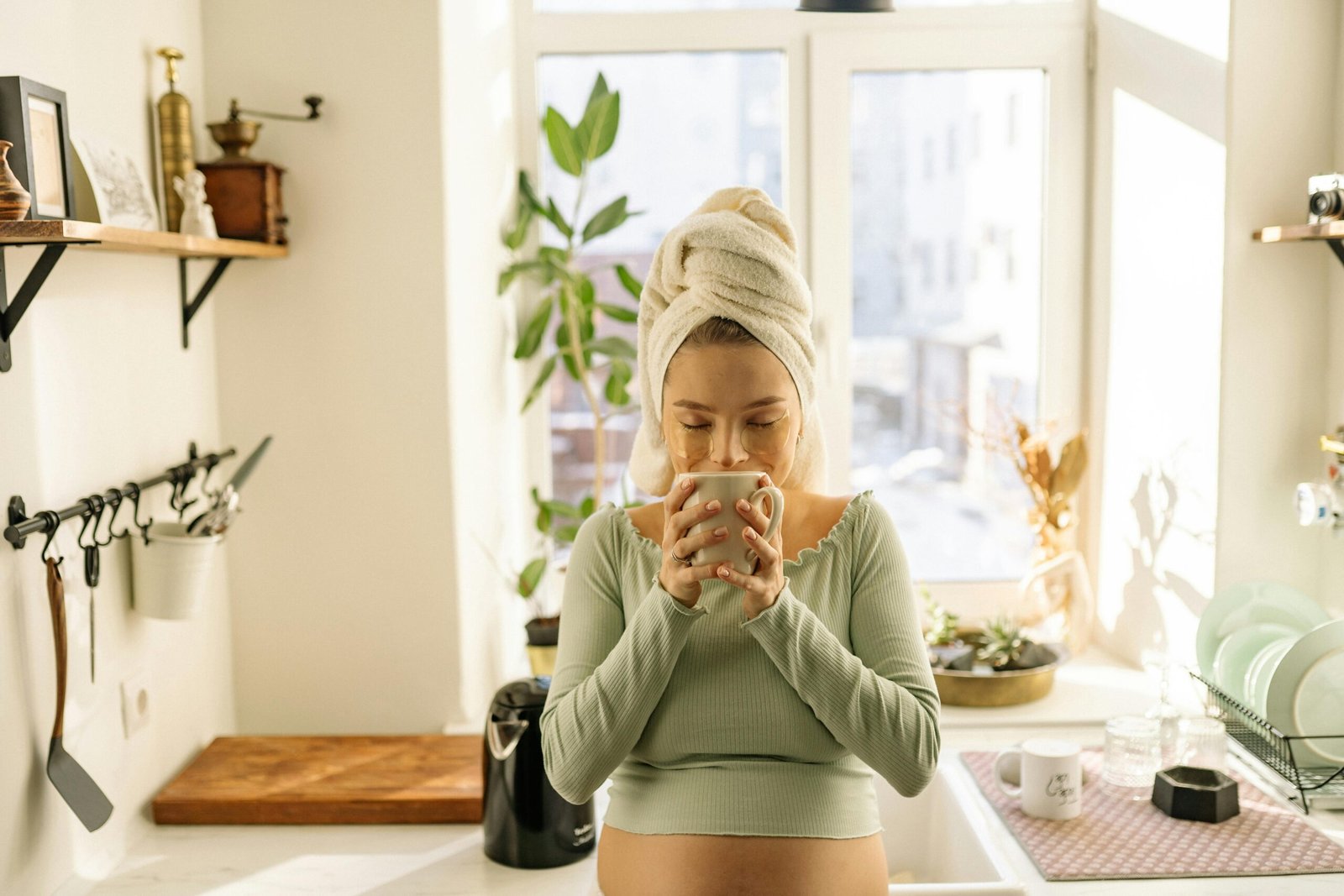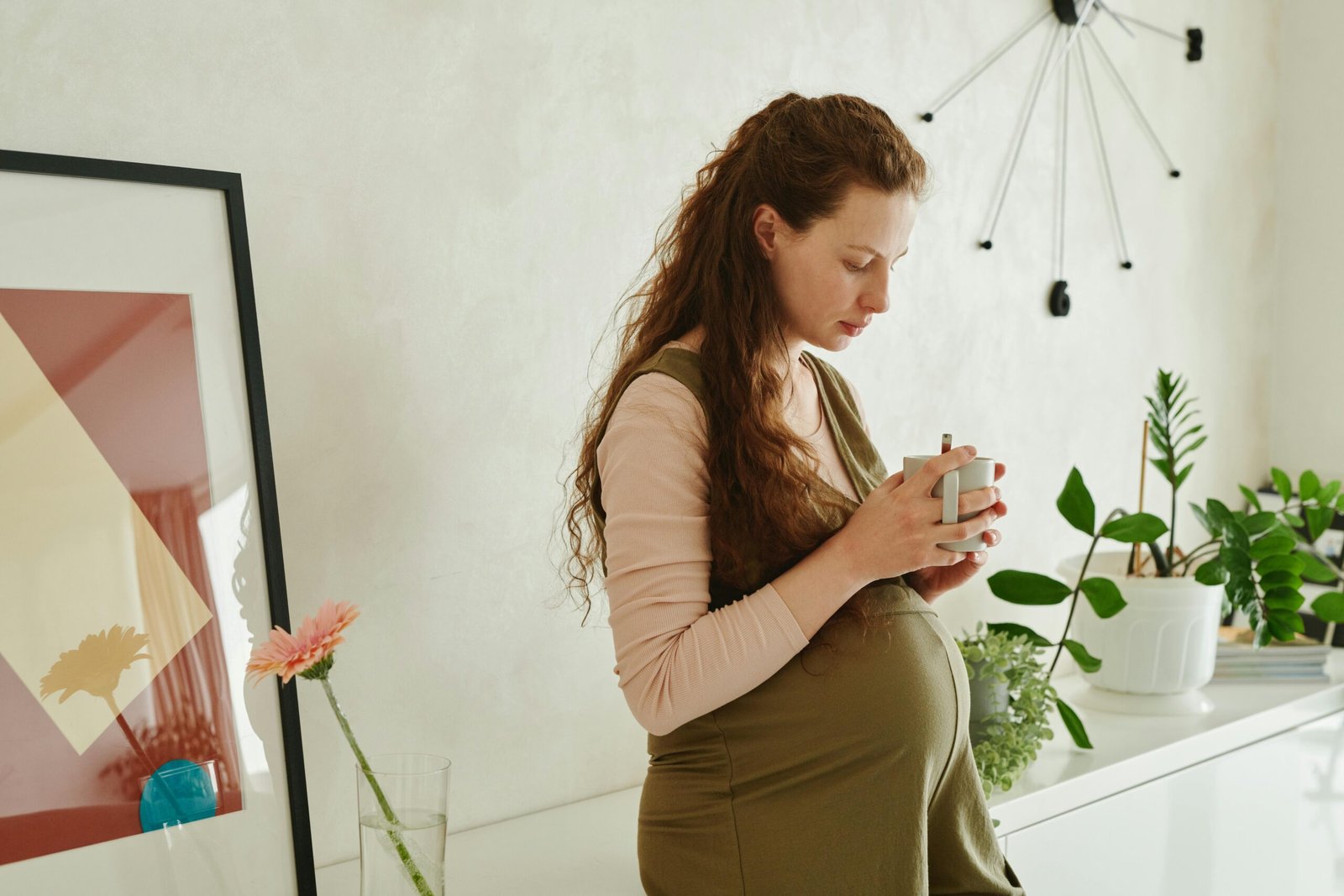Pregnancy is a time of joy, excitement, and about a million questions. One of the biggest debates for moms-to-be? Coffee in the first trimester. Can that morning pick-me-up put your baby at risk? Should you swap your favorite latte for herbal tea? Let’s break it down in a way that’s easy, relaxed, and, of course, caffeine-infused.
Coffee in First Trimester: What’s the Big Deal?

If you’re used to starting your day with a steaming cup of coffee, pregnancy can throw a wrench into that routine. Coffee in the first trimester has been a topic of debate for years, and it all boils down to one word: caffeine.
Caffeine is a stimulant, meaning it wakes up your brain and gives you that lovely burst of energy. But here’s the thing—caffeine also crosses the placenta. That means your tiny growing baby gets a dose too, and their little body isn’t quite equipped to handle it the way you can.
So, the question remains: does coffee in the first trimester increase the risk of miscarriage? Let’s dive deeper.
The Science Behind Coffee in First Trimester
Several studies have looked into the connection between coffee in the first trimester and miscarriage risk. Some research suggests that high caffeine consumption—more than 200 mg per day (about one 12-ounce cup of coffee)—may be linked to an increased risk of pregnancy loss. However, the science isn’t completely clear-cut.
Some experts believe that moderate coffee intake in the first trimester is fine, while others recommend cutting it out entirely, just to be on the safe side. The tricky part? Every pregnancy is different. What affects one mom might not affect another in the same way.
How Much Coffee is Too Much in the First Trimester?
If you’re worried about coffee in the first trimester but can’t imagine starting your day without it, there’s good news. Most experts, including the American College of Obstetricians and Gynecologists (ACOG), suggest that up to 200 mg of caffeine per day is generally safe during pregnancy. That’s roughly one regular cup of coffee.
But keep in mind that caffeine isn’t just in coffee. It’s in tea, soda, chocolate, and even some medications. If you’re drinking a couple of cups of coffee plus munching on a chocolate bar, you might be getting more caffeine than you realize.
Signs That Coffee in the First Trimester Might Not Be Agreeing With You
Even if you’re staying within the “safe” caffeine limit, your body might tell you it’s time to cut back. Pregnancy changes the way you metabolize caffeine, so you might find that coffee in the first trimester suddenly makes you feel jittery, nauseous, or even more exhausted than before.
Here are some signs that coffee might not be your best friend right now:
- Increased nausea or morning sickness
- Heart palpitations or feeling anxious
- Trouble sleeping
- Upset stomach or acid reflux
If coffee in the first trimester is making you feel worse, it might be worth cutting back or switching to a lower-caffeine option.
Safe Alternatives to Coffee in the First Trimester
If you’re worried about the effects of coffee in the first trimester but still crave something warm and comforting, there are plenty of alternatives to try. Decaf coffee is one option, though it still contains a small amount of caffeine. Herbal teas, warm lemon water, or even a simple hot chocolate (in moderation) can also satisfy your cravings without overloading your system with caffeine.
Some moms also swear by golden milk (turmeric latte), chicory coffee, or caffeine-free lattes with steamed milk and a dash of cinnamon. The key is to find something that makes you happy while keeping your pregnancy safe.
The Verdict on Coffee in First Trimester
So, can coffee cause miscarriage in the first trimester? The truth is, science doesn’t have a one-size-fits-all answer. While excessive caffeine intake has been linked to a higher risk of miscarriage, moderate consumption—under 200 mg per day—is generally considered safe by most health experts.
That being said, if coffee in the first trimester makes you feel uneasy, jittery, or just doesn’t sit well, it might be best to cut back or switch to alternatives. Every pregnancy is different, and the most important thing is to listen to your body and your doctor’s advice.
Should You Ditch Coffee?

At the end of the day, coffee in the first trimester comes down to balance. If you’re a coffee lover, there’s no need to panic. Just be mindful of how much caffeine you’re consuming and how it makes you feel. If in doubt, talk to your doctor—they’ll help you find the best plan for your unique pregnancy journey.
So, should you swap your coffee for a caffeine-free alternative? Maybe. Should you enjoy your morning cup in moderation? Probably. Should you stress about it? Definitely not. After all, pregnancy is already full of enough worries—why add your coffee cup to the list?
Frequently Asked Questions on Can Coffee Cause Miscarriage in First Trimester
1. Can drinking coffee really cause a miscarriage in the first trimester?
It’s a question that pops up a lot, and understandably so—pregnancy is a time when every little thing feels like it could have major consequences. The short answer? There’s some evidence that high caffeine intake might increase the risk of miscarriage, but the key word here is high. Most health experts, including the American College of Obstetricians and Gynecologists (ACOG), say that keeping caffeine under 200 mg a day (about one 12-ounce cup of coffee) is generally considered safe. The concern is that caffeine crosses the placenta, and since your baby’s tiny liver is still developing, it can’t break caffeine down as efficiently as you can. That means it sticks around longer and might have an impact. But a moderate cup (or even two smaller ones) a day? Probably not a deal-breaker.
2. How much coffee is too much during the first trimester?
Ah, the golden question! While the official recommendation is to keep it under 200 mg of caffeine daily, let’s put that into perspective. A standard 8-ounce cup of brewed coffee has about 95 mg of caffeine, meaning you could have about two small cups a day and still be within the “safe” range. But here’s where it gets tricky—coffee isn’t the only source of caffeine! Tea, chocolate, soda, and even some medications sneak in caffeine, too. So if you’re sipping a large coffee and snacking on a chocolate bar and drinking soda, you might be edging into risky territory. And since every body processes caffeine differently, some women might feel jittery or nauseous with even small amounts. Listen to your body, and when in doubt, switch to half-caf or decaf to keep your cravings in check without overloading on caffeine.
3. Why do some studies say caffeine increases miscarriage risk while others say it’s fine?
Ah, the ever-confusing world of scientific research! The tricky thing about caffeine studies is that they rely a lot on self-reported data—meaning researchers ask pregnant people how much coffee they drank, then analyze the outcomes. The problem? People don’t always remember or report their caffeine intake accurately. Plus, other lifestyle factors (like stress, diet, or pre-existing health conditions) could also play a role in miscarriage risk, making it hard to say caffeine is the sole culprit. Some older studies suggested a connection between high caffeine intake (300 mg or more per day) and miscarriage, while more recent ones have been less conclusive. This is why most experts err on the side of caution—moderate caffeine is likely fine, but super high intake? Maybe not worth the risk.
4. If I drank too much coffee before I knew I was pregnant, should I be worried?
First of all, take a deep breath! A lot of people don’t realize they’re pregnant until several weeks in, and if you’ve been downing your usual lattes, it’s totally understandable to panic a little. But the good news is, a few days or even weeks of regular caffeine consumption before you knew won’t automatically lead to miscarriage. The body is pretty resilient, and unless you were drinking extreme amounts—like five or more cups a day—chances are your baby is just fine. If you’re concerned, you can always mention it to your doctor, but stressing out over it is probably more harmful than the caffeine itself. Just make adjustments moving forward and try to stay within the recommended limits.
5. Does the way coffee is brewed change how it affects pregnancy?
Great question! Believe it or not, the brewing method does matter. Espresso shots, for example, are smaller in volume but pack a concentrated caffeine punch—around 63 mg per shot. A regular cup of drip coffee, on the other hand, has more volume but often less caffeine per ounce. Cold brew? It’s a sneaky one—it tends to have more caffeine because of the longer steeping time. Instant coffee has less caffeine than brewed coffee, making it a better choice if you’re looking to cut back. Decaf isn’t completely caffeine-free, but it’s very low in caffeine, so it’s a great alternative if you just love the taste of coffee. If you’re trying to keep your caffeine intake on the lower side, choosing a lighter roast or a smaller serving size can help.
6. What are some good coffee alternatives if I’m trying to cut back?
If the thought of giving up your morning ritual makes you want to cry, don’t worry—you’ve got options! If it’s the warm, cozy cup you crave, decaf coffee is the easiest switch. Herbal teas (just avoid ones like chamomile or licorice root, which aren’t recommended in pregnancy) can also hit the spot. If you need a little energy boost, try switching to half-caf or even golden milk (a turmeric-based drink with anti-inflammatory benefits). Some people swear by roasted dandelion root tea as a coffee substitute—it has a similar bitterness and depth, without the caffeine. And if all else fails, sometimes just the placebo effect of holding a warm mug is enough to trick your brain into thinking you’re getting that coffee fix.
7. What are the signs that caffeine might not be agreeing with me during pregnancy?
Pregnancy changes everything—and that includes how your body reacts to caffeine. Even if you used to chug coffee with no problem, you might suddenly find yourself feeling jittery, nauseous, or just plain off after drinking it. Some women notice that caffeine makes their heart race or worsens pregnancy symptoms like acid reflux or morning sickness. If that’s the case, it might be a sign to cut back or switch to decaf. Another big one? Trouble sleeping. Pregnancy fatigue is real, but if caffeine is interfering with your ability to nap or get a good night’s rest, you might want to time your coffee earlier in the day or reduce how much you drink. As always, listen to your body—if something feels off, trust your gut and make adjustments as needed.
At the end of the day, pregnancy is all about balance. If a little bit of coffee makes you happy and keeps you functioning, enjoy it in moderation. If it makes you feel anxious or weird, there are plenty of great alternatives. The most important thing? Taking care of yourself in a way that feels right for you!
